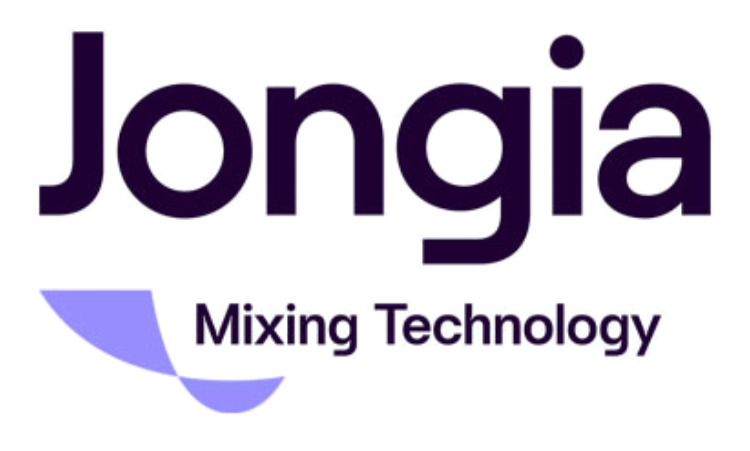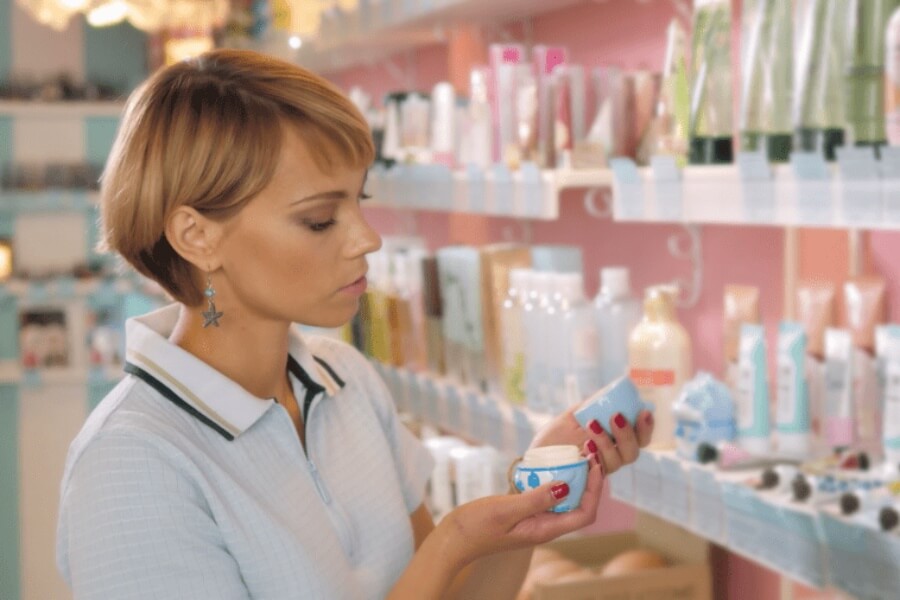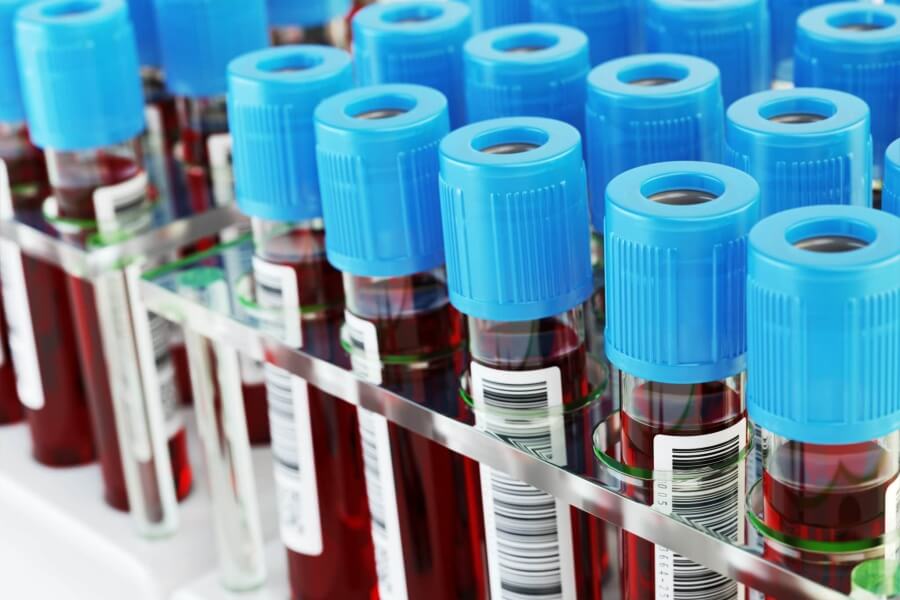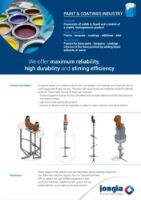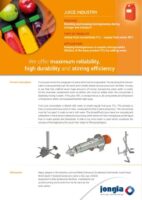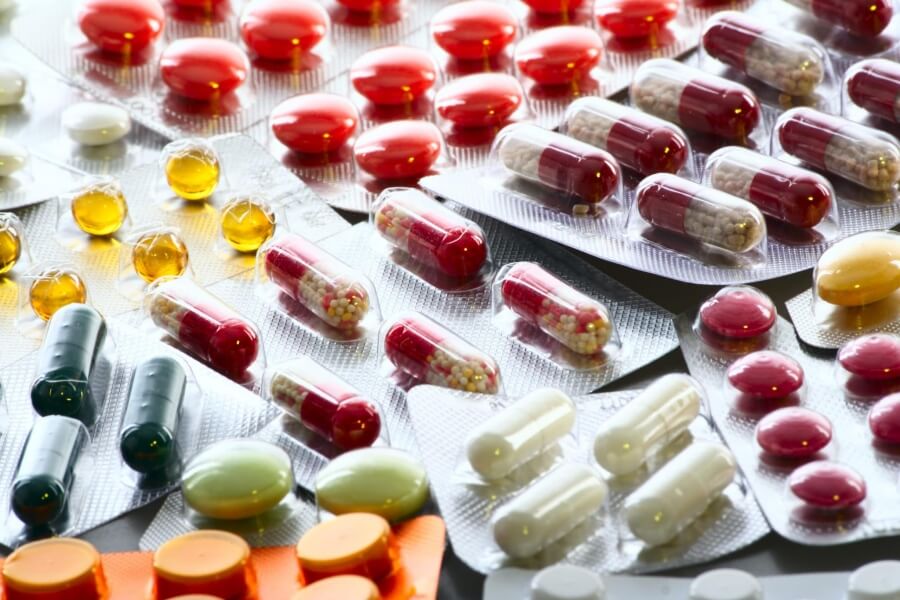
Medicines
Medications are often tablets, capsules or liquids that make people feel better. These medicines contain an agent called the active ingredient. The active ingredient is a molecule that acts on your body to then make you feel better. It can be molecules derived from natural products such as plants, in addition, these molecules can also be made in labs. Many people use drugs in many different types and volumes. For example, in the United States alone, 66% of adults use prescription drugs.
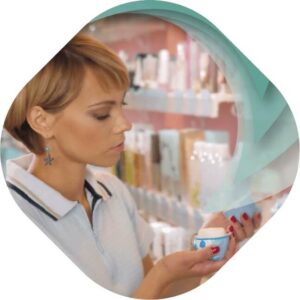
We understand mixing is not just about simply combining raw ingredients

The usage of medicines
Often when people need a medication they get a medical certificate from the doctor, the pharmacy needs this official certificate to actually supply the medication. This is to prevent the misuse of medicines, for example if someone has an addiction to strong painkillers it would not be good if they were allowed to get this without a doctor’s certificate.
Many drugs work on the basis of cells that are in the body. For example, they can stop pain or lower blood pressure. Other drugs such as antibiotics work by killing bacteria or viruses to stop infections. Throughout history, drugs have been discovered by scientists trying to cure diseases; some have been discovered by accident.
For example, Penicillin was discovered in 1928 because a researcher (Alexander Fleming) saw a solution to combat influenza. During his research, he saw a clear bacteria-free zone in a moldy petri dish. From this it later became known that it contained the antibiotic penicillin. A drug that is still used today.
Applications
Medicine market development
The global pharmaceutical manufacturing market was valued at USD 405.52 billion in 2020 and is expected to grow at a compound annual growth rate (CAGR) of 11.34% from 2021 to 2028. The pharmaceutical landscape has undergone a tremendous transformation with the emergence of new technologies, cost-effective and more efficient manufacturing approaches, among others. Moreover, increasing investment flow in this space has positively impacted market growth. Production floor downtime and product waste generation are being reduced with the implementation of robotic technology and artificial intelligence (AI).
Constant advances in personalized medicine have opened up numerous opportunities to address various health problems and enabled the development of patient-centric models. These advances are resulting in a shift from large batches to smaller batches for the development of complex drugs and autologous patient-targeted treatments. This has also prompted manufacturers to redesign their supply chains to better align with the patient-centered healthcare system.
Frequently Asked Questions
What are medicines made of?
Medicines are made of active ingredients that act on the body to alleviate symptoms. These ingredients can be derived from natural products like plants or synthesized in laboratories. The formulation often comes in forms such as tablets, capsules, or liquids, catering to diverse therapeutic needs.
How do people obtain medications?
To obtain medications, individuals typically need a medical certificate from a doctor. This certificate helps pharmacies dispense controlled medications responsibly, preventing misuse. It is crucial for ensuring safety, especially for drugs that can lead to addiction or misuse, like strong painkillers.
What role does technology play in pharmaceutical manufacturing?
Technology plays a critical role in modern pharmaceutical manufacturing by enhancing efficiency. The industry is seeing significant advancements through robotic technology and artificial intelligence, which reduce production downtime and waste, and improve the overall manufacturing process, leading to cost-effective solutions.
How has the medicine market developed recently?
The global pharmaceutical manufacturing market is projected to grow at a compound annual growth rate of 11.34% from 2021 to 2028, driven by innovative technologies and investments. This transformation is about creating more efficient production methods while meeting the evolving needs of the healthcare system.
What was the significance of the discovery of penicillin?
Penicillin’s discovery in 1928 by Alexander Fleming marked a turning point in medicine, providing a powerful antibiotic to combat infections. It was an accidental finding that demonstrated the importance of scientific research in discovering novel drugs, leading to countless lives saved since its introduction.
Pharma & Personal Care – Contacts

Tom Pruymboom
Sales Director
Area Worldwide

Bart Brouwer
Area Sales Manager
Area Worldwide

Sijko van der Veen
Application Engineer
Technical Specialist
Pharma & Personal Care – Related Articles
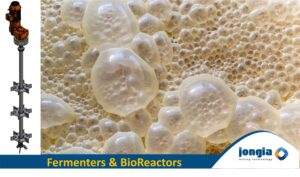
Fermentation & Bioreactor Mixing Process
Bioreactors and Fermenters are culture systems to produce cells or organisms. They are used in various applications, including basic research and development, and the manufacturing of biopharmaceuticals, food and food additives, chemicals, and other products. A broad range of cell types and organisms can be cultivated in bioreactors and Fermenters, including cells (like mammalian cell lines, insect cells, and stem cells), microorganisms (like bacteria, yeasts, and fungi), as well as plant cells and algae. The words “Bioreactor” and “Fermenter” are basically the same thing.
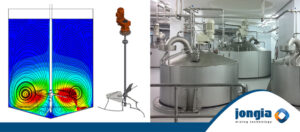
The crystallization process in the pharmaceutical industry
Jongia Mixing Technology has initiated numerous mixing processes all over the world using her agitators. In some of these mixing processes, crystallization was a key factor in acquiring the desired final product. The process of crystallization is well-known in the
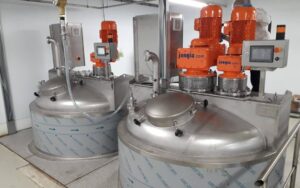
Jongia supplies agitators for expansion of Mades
Mades is a leading manufacturer of personal care products such as shampoos and lotions. The products are sold all over the world. The company has been growing rapidly for some time, so expansion of the production capacity was badly needed.
